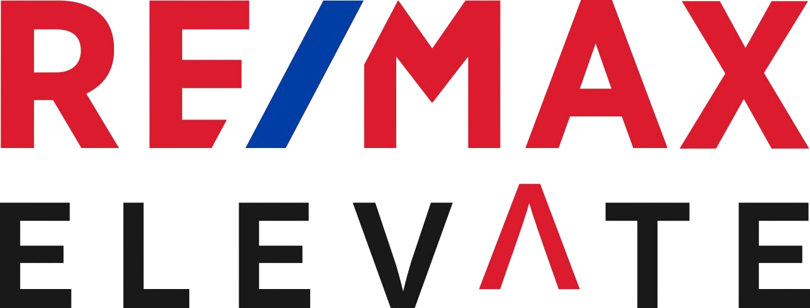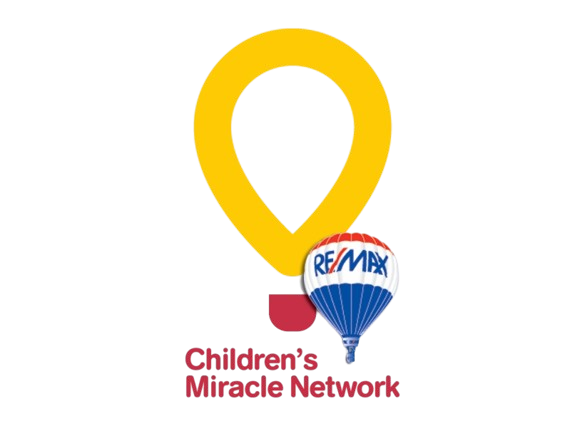Owning property in British Columbia (BC) comes with various responsibilities, and understanding property taxes is one of the most crucial aspects. Whether you’re a first-time homeowner or an experienced property owner, staying informed about how property taxes work can help you budget effectively and avoid any surprises. Here’s a breakdown of what BC homeowners need to know about property taxes.
What Are Property Taxes?
Property taxes are annual fees that homeowners pay to their local government to fund community services and infrastructure. These taxes support essential services such as schools, police and fire departments, road maintenance, parks, and public transit.
In BC, property taxes are based on the assessed value of your property, which is determined by BC Assessment, an independent provincial agency. The tax rate is set by your local municipality, which applies this rate to the assessed value to calculate your annual property tax bill.
How Property Taxes Are Calculated
Property taxes in BC are calculated using the formula:
Property Tax = Assessed Value of Property x Tax Rate
- Assessed Value: BC Assessment evaluates the value of your property as of July 1 of the previous year. This valuation considers factors such as property size, location, and market conditions.
- Tax Rate: Each municipality sets its tax rate based on its budgetary needs for the year. This rate is typically expressed in dollars per $1,000 of assessed value.
For example, if your property’s assessed value is $800,000 and your local tax rate is $3.50 per $1,000, your property tax would be:
$800,000 ÷ 1,000 x $3.50 = $2,800
Key Deadlines and Payment Options
Property tax notices are usually mailed out in May or June, with payments due by the first business day in July. Missing the deadline can result in penalties and interest charges, so it’s essential to pay on time.
Homeowners can pay their property taxes through various methods:
- Online banking
- At your bank or credit union
- By mail
- In-person at your local municipality office
Homeowner Grants and Exemptions
BC offers several homeowner grants to help reduce the amount of property taxes paid on your principal residence. These include:
- Basic Homeowner Grant: Available to most homeowners in BC, reducing taxes by up to $570 in most areas.
- Additional Grant for Seniors, Veterans, and Persons with Disabilities: Offers further reductions for eligible groups.
- Rural Homeowner Grant: Provides an additional benefit for properties located in rural areas.
You must apply for the homeowner grant each year, even if you’ve received it in the past.
Special Considerations for New Homebuyers
If you’ve recently purchased a home, ensure that the property tax account is up to date. Often, the property taxes for the year are adjusted during the closing process, but it’s wise to double-check. You’ll also want to confirm the assessed value to ensure it aligns with your expectations and the market value of your home.
Dealing with a Property Tax Assessment Dispute
If you believe that your property’s assessed value is incorrect, you have the right to appeal. The appeal process involves:
- Reviewing Your Assessment Notice: Check the details for accuracy.
- Contacting BC Assessment: Discuss your concerns with a representative.
- Filing an Appeal: Submit a formal appeal by January 31 of the assessment year.
Planning for Property Taxes
To avoid financial strain, consider setting aside funds monthly to cover your annual property tax bill. Many financial institutions offer property tax accounts, allowing you to make smaller, manageable payments throughout the year.
Understanding property taxes in British Columbia is essential for effective financial planning as a homeowner. By familiarizing yourself with how taxes are calculated, key deadlines, available grants, and the appeal process, you can manage this responsibility with confidence. Stay proactive, and don’t hesitate to seek guidance from local municipal offices or financial advisors if you need assistance.






Join The Discussion